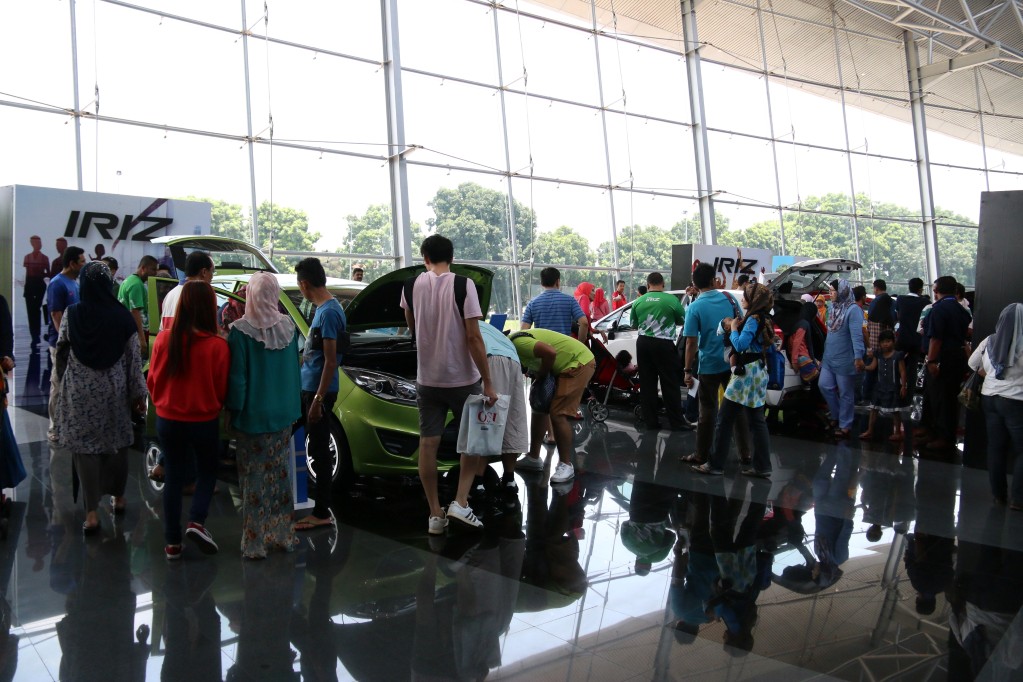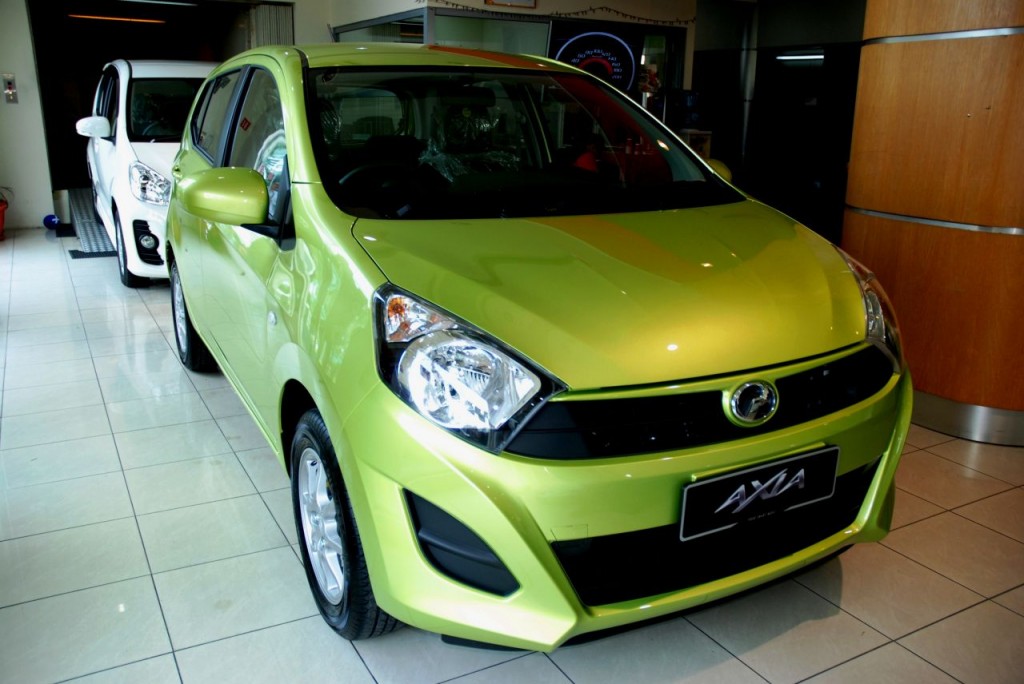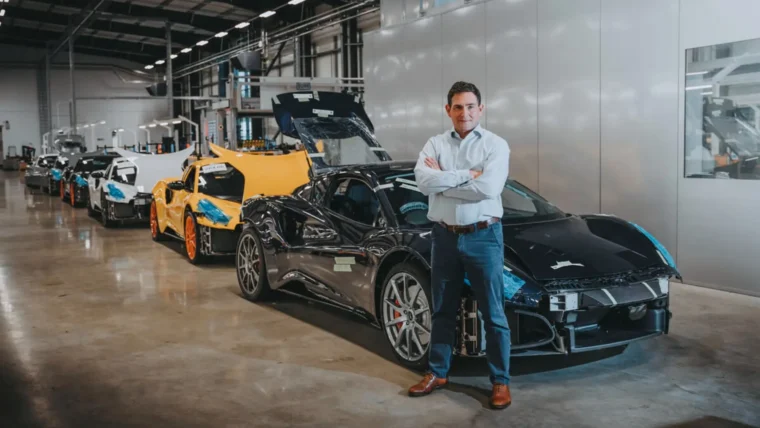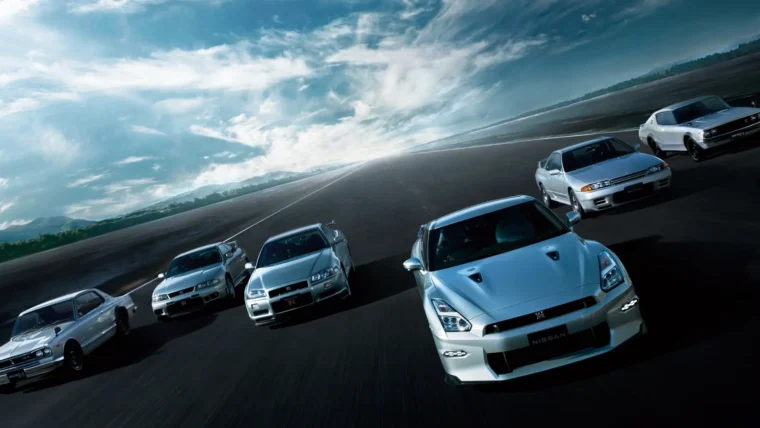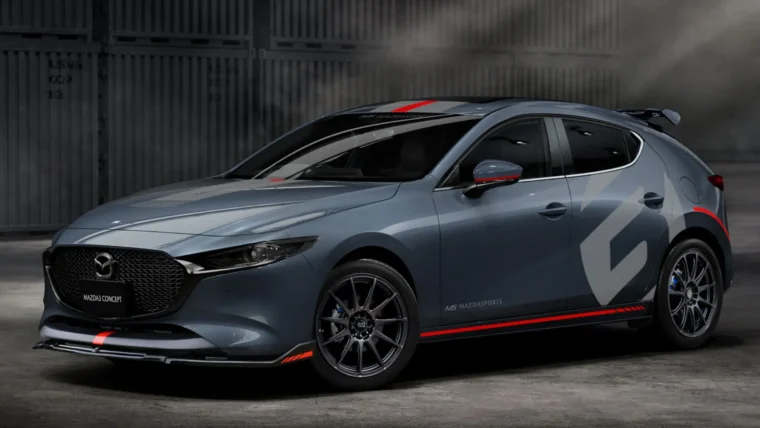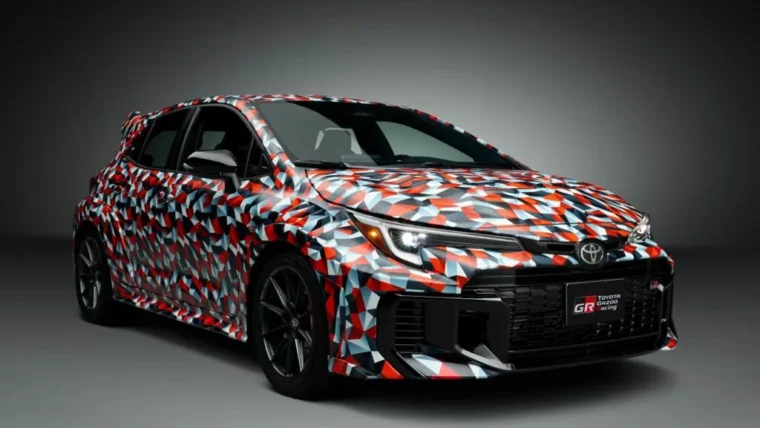Both Proton and Perodua will have a bumpy road ahead with a modest decline in unit sales in their domestic market in 2015, reflecting tighter monetary policies by Bank Negara Malaysia and the implementation of GST, predicts the Economist Intelligence Unit (EIU).
In May, our former prime minister, Tun Mahathir Mohamad, was appointed chairman of Proton Holdings Bhd. Tun Mahathir was also opposed to the takeover of the often-troubled Proton by one of several global automakers with whom the company had partnered over the years. However, his first act as the top man at Proton was to pen an agreement with Zhejiang Geely Holding Group, a leading Chinese automaker. The partnership is still evolving, and may involve selling more Proton vehicles in the Chinese market, as well as producing Geely proprietary vehicles in Malaysia, under the Proton nameplate.
Perodua, meanwhile, unveiled plans to invest RM600 million into a new engine plant in Sendayan, Negeri Sembilan, in partnership with Daihatsu Motor (Japan). Construction begins in September this year and when completed, the plant will have the capacity to make 140,000 engines per year. Daihatsu, which owns a minority stake in Perodua, already has a transmission plant in Negeri Sembilan, in which Perodua holds a 10% share.
Indeed, Daihatsu and its parent company Toyota would have been market leaders in Malaysia, if it weren’t for the protection afforded to domestic producers. In theory, they should benefit as the ASEAN market opens up, but in fact they may see some fierce competition from smaller Japanese rivals such as Suzuki, Isuzu and Mitsubishi. That is because ASEAN has free-trade agreements (FTAs) with countries outside the association, including China, India, New Zealand and Japan. As a result, vehicles made in Japan by smaller carmakers will be treated equally to cars made in Thailand and Indonesia by larger Japanese producers.
As things now stand, Perodua is still a market leader in Malaysia, controlling just over 30% of overall unit sales. Proton holds slightly more than one-fifth of the market. The current owner of Proton, DRB-Hicom, is a major vehicle importer into Malaysia. The marques it distributes include Mitsubishi, Honda, Audi and Suzuki, as well as Isuzu, Mitsubishi and Mahindra commercial vehicles. Together with Proton, its vehicles hold over 50% of the market.
However, both domestic manufacturers have been suffering market shared declines. Even as vehicle sales rose by 12% in April, Perodua and Proton suffered falling sales and, correspondingly, market share declines. Both companies will have a slight fall, in unit sales in their domestic market in 2015 due to tighter monetary policies by Bank Negara Malaysia.
Another factor that could curb vehicle sales later this year and into early next year is the proposed replacement of the sales and services tax with a lower goods and services tax (GST), which will go into effect on April 1st 2015. The sales levy will go down from 10% to 6%, reducing car prices. Since domestic vehicles are in the lower end of the price range, delayed buying will likely fall heavily on Proton and Perodua. In the second half of next year, moreover, car buyers may hold back once again, waiting for the new trade agreement to take effect.
Dr Mahathir has already complained about Malaysian motorists for their refusal to support the national manufacturer. But Proton has been plagued by poor quality and backward engineering and styling as mentioned by our Editor in his article here, while its prices have not been competitive with Japanese imports. It controlled more than one-half of the domestic market in the early 2000s, but now even its current, much reduced market share would have been even lower had the government not supported it by special measures, such as requiring taxi owners to buy Proton vehicles.
Perodua on the other hand, has performed better, which allowed it to become Malaysia’s market leader. But when pitted against global manufacturers in export markets, its vehicles have also been found wanting. Perodua UK announced in June that it stopped importing the Myvi subcompact after selling just 120 vehicles in Britain in 2013.
Whether teaming up with Geely would solve the problem for Proton remains to be seen. Chinese companies have deep pockets, but they have not been eager to invest in Malaysia. Cumulative direct investment from China stands at around US$1bn, while Malaysia’s investment into China has been more than 6 times as large. During his recent visit to China, our current prime minister, Datuk Seri Najib Tun Razak, called on China to boost investment into Malaysia, especially in light of bilateral trade volumes that have been expanding by over 18% a year over the past decade and a half. But another question is whether Geely could come to terms with Proton which, under Dr Mahathir’s tutelage, has been remarkably uncooperative with its previous partners.
If all goes well, then a link-up with a Chinese company should serve Proton well. As well as its strong position in the world’s biggest auto market, Geely’s additional advantage is its ownership of Volvo. The two companies are starting to develop vehicles jointly, using the Swedish company’s technology, engineering and design acumen. If Proton could plug into this partnership, Dr Mahathir hopes that it would greatly improve the quality and attractiveness of its vehicles and recapture some of its lost market share at home, while mounting an export drive into other ASEAN countries.
On the face of it, such plans should dovetail with Geely’s ambitious international strategy. In addition to becoming the first Chinese automaker to snare a major global automotive brand, Geely has emerged as a top Chinese automotive exporter as well, vying for the honour with Chery. Malaysia’s automotive market is small by Chinese standards: the Malaysian Automotive Association expects vehicle sales to reach 670,000 this year, compared with 20,000,000 in China. But Malaysia is a gateway to the AEC, which with its 600m-plus inhabitants, low car ownership rates and rapid economic growth, should become one of the most important automotive markets of the next decade.
Source: EIU
Images: Wikimedia, Perodua, Proton
Other posts by AF Newsdesk


